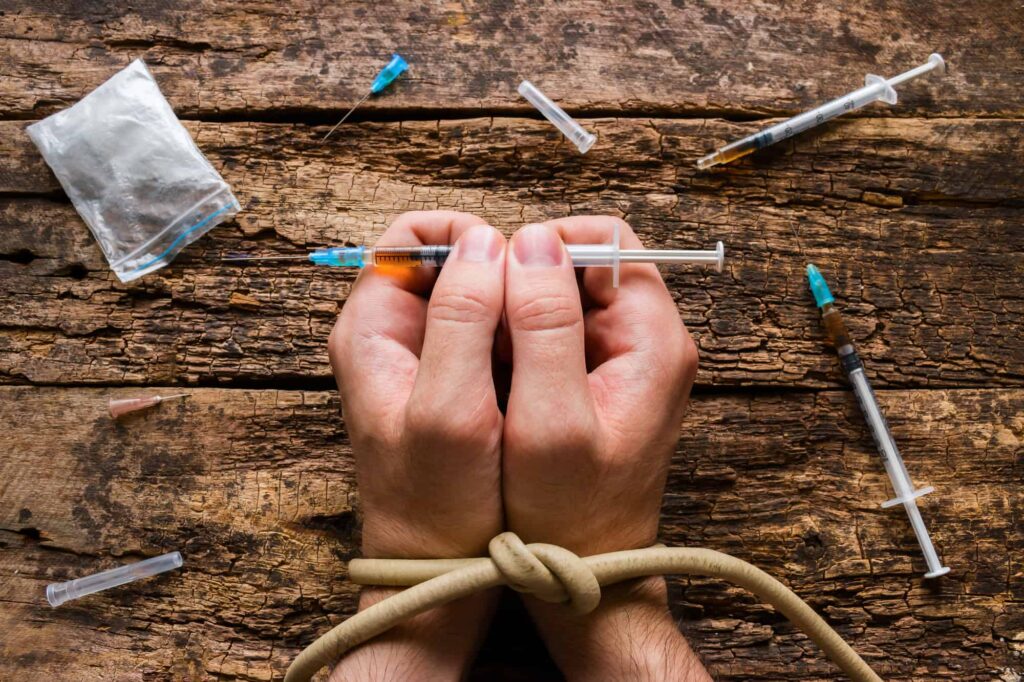In recent years, society has grappled with the alarming intersection of substance abuse and sexual assault. These two deeply complex issues individually carry immense societal implications, but when intertwined, they amplify the urgency of addressing them. Substance abuse, often involving drugs or alcohol, has been identified as a significant risk factor in the occurrence of sexual assault. Whether substances are used as tools for perpetration or emerge as coping mechanisms post-assault, the relationship between these two issues is undeniable and demands nuanced understanding and response.
This article explores the relationship between substance abuse and sexual assault, examining the nature of their interconnectedness and the ramifications for victims, perpetrators, and society at large. Our goal is to not only inform but also spur meaningful action and provide resources for those affected. We believe that understanding is the first step to prevention and healing, and through this discourse, we hope to contribute to a safer and more compassionate society.
Understanding the Basics
Definition of Substance Abuse

Substance abuse refers to the excessive or harmful use of drugs or alcohol. It often signifies a pattern where individuals consume substances in amounts or ways that are harmful to themselves or others.
Drugs Most Commonly Abused
Key substances linked with abuse include alcohol, narcotics like opioids, and prescription medications. These drugs are often misused for their mood-altering effects, leading to dependency and adverse health outcomes.
Psychological and Physical Effects of Substance Abuse
Abusing substances can result in various psychological effects, such as depression, anxiety, and paranoia. Physically, it can lead to liver damage, respiratory issues, and overdose, among other health complications.
Definition of Sexual Assault
Sexual assault is any unwanted sexual activity without explicit consent from all parties involved. It encompasses a range of actions, from unwanted touching to rape, and is a grave violation of an individual’s autonomy. By employing help from sexual assault lawyers, individuals can hold perpetrators legally accountable for the wide variety of offenses.
Breakdown of What Constitutes as Sexual Assault

Sexual assault is not limited to rape. It includes actions like groping, forced kissing, and any sexual activity where consent is not freely given or where the individual is unable to give consent (e.g., due to intoxication).
Psychological and Physical Consequences of Being a Victim
Victims of sexual assault may experience profound psychological trauma, including PTSD, depression, and anxiety. Physically, they might face injuries, STIs, or issues related to unwanted pregnancies, underscoring the deep impact of the crime.
The Role of Alcohol and Drugs in Sexual Assault
Substance use, particularly alcohol and drugs, plays a distressingly significant role in the dynamics of sexual assault. The consumption of these substances can blur the boundaries of clear consent, making it difficult for an individual to either articulate their comfort levels or comprehend the intentions of another. Beyond this, the malicious use of specific drugs, commonly referred to as ‘date rape drugs’, underscores the premeditated nature of some assaults, wherein perpetrators employ these substances as weapons to incapacitate and exploit their victims. Such predatory actions capitalize on the heightened vulnerability of individuals under the influence, making them easier targets for assault due to their impaired judgment or diminished capacity to resist or escape potentially harmful situations.
The Cycle of Abuse and Trauma

The aftermath of sexual assault can often push survivors into a heart-wrenching cycle of abuse and trauma. For many, the overwhelming emotional pain leads to substance abuse as a means of coping, an attempt to numb the anguish or escape the haunting memories. Unfortunately, this substance dependence can further expose them to risks, with research showing that those grappling with addiction are more susceptible to repeated victimization.
This vicious cycle becomes even more complicated when considering the mental health ramifications. Victims may not only face trauma from the assault itself but also from the psychological consequences of addiction, leading to challenges in dual diagnosis where both trauma and substance abuse disorders require simultaneous, sensitive treatment.
Prevention and Intervention Strategies
Education and Awareness Campaigns
By raising awareness and disseminating important information, these campaigns equip individuals with knowledge and foster societal change.
Policy Measures and Their Impact
Governments and institutions can implement and enforce policies that directly target substance abuse and sexual assault. These measures, when effective, not only deter perpetrators but also offer support and resources to victims, playing an integral role in shaping a safer community.
Programs for Substance Abuse and Sexual Assault Prevention

Specialized programs, often run by NGOs or health organizations, offer targeted interventions. These programs can range from community-based workshops to therapy groups, all aimed at reducing incidents of substance abuse and sexual assault.
Tips for Personal Safety and Awareness
Empowering individuals with safety tips and awareness strategies is a proactive approach to prevention. By equipping people with practical knowledge and tools, we can enhance personal vigilance and reduce the risk of potential harm.
Support and Resources for Victims
Trauma-informed care, a holistic approach that recognizes and addresses the pervasive impact of trauma, stands as a cornerstone in healing. Offering rehabilitation and counseling options tailored to the individual’s unique experience can significantly aid recovery, helping victims reclaim their sense of self and control. Furthermore, numerous local and national organizations dedicate their resources and expertise to uplift and support victims, ensuring that they never feel isolated in their pursuit of healing and justice.
The toxic relationship between substance abuse and sexual assault emphasizes these urgent societal challenges that demand comprehensive understanding and action. Through education, intervention, and strong support systems, we can pave the way for a safer, more compassionate society where victims find solace and perpetrators are held accountable. By confronting these intertwined issues head-on, we take a step closer to breaking the cycle of abuse and trauma, fostering a world where every individual can thrive without fear.

